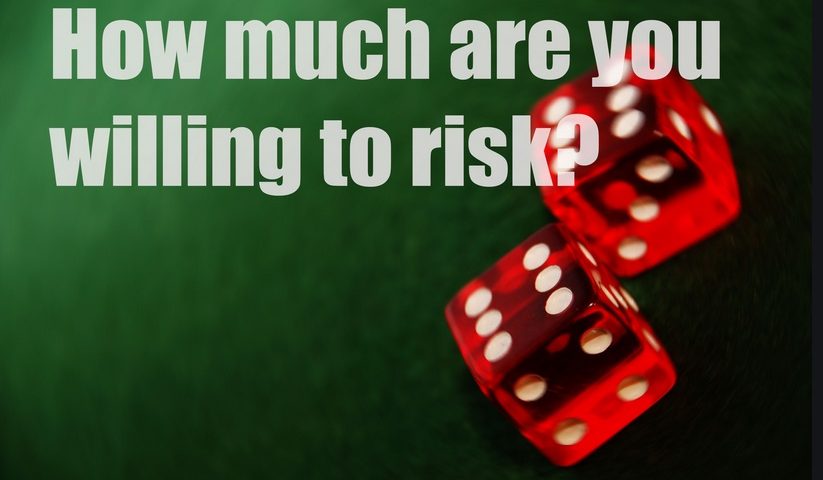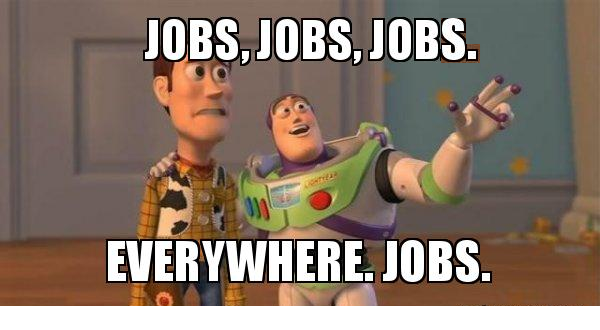SHI 7.7.21 – Rolling the Dice in ‘Vegas!

SHI 6.23.21 — Tales From the Crypt-Oh!
June 23, 2021
SHI 7.14.21 – Poor Pepper!
July 14, 2021I’m back from my ‘Vegas business trip.
Yes, it was business! Absolutely! I was there for YOU — my loyal readers — reconnoitering the local steakhouses for the SHI10! It was grueling, back-breaking work. But it had to be done. For you. 🙂
“
‘Vegas is hard work!“
“‘Vegas is hard work!“
OK, ok, yes, I’m kidding. This was not a business trip. There will be no “write-offs” from this trip.
Welcome to this week’s Steak House Index update.
If you are new to my blog, or you need a refresher on the SHI10, or its objective and methodology, I suggest you open and read the original BLOG: https://www.steakhouseindex.com/move-over-big-mac-index-here-comes-the-steak-house-index/
Why You Should Care: The US economy and US dollar are the bedrock of the world’s economy.
But is the US economy expanding or contracting?
The short answer? Expanding. A lot. Forever more, COVID-19 will be mentioned concurrently with any discussion about 2020 GDP. Collectively, the world’s annual GDP was about $85 trillion by the end of 2020. But I am confident all 2021 GDP discussions will start with a nod to the blowout 1st quarter GDP growth number, because our ‘current dollar’ GDP grew at the annual rate of 10.7%! Annualized, America’s GDP blew past $22 trillion during the quarter, settling in at $22.0489 trillion. The US, the euro zone, and China continue to generate about 70% of the global economic output.
The objective of this blog is singular.
It attempts to predict the direction of our GDP ahead of official economic releases. Historically, ‘personal consumption expenditures,’ or PCE, has been the largest component of US GDP growth — typically about 2/3 of all GDP growth. In fact, the majority of all GDP increases (or declines) usually results from (increases or decreases in) consumer spending. Consumer spending is clearly a critical financial metric. In all likelihood, the most important financial metric. The Steak House Index focuses right here … on the “consumer spending” metric. I intend the SHI10 is to be predictive, anticipating where the economy is going – not where it’s been.
Taking action: Keep up with this weekly BLOG update. Not only will we cover the SHI and SHI10, but we’ll explore related items of economic importance.
If the SHI10 index moves appreciably -– either showing massive improvement or significant declines –- indicating growing economic strength or a potential recession, we’ll discuss possible actions at that time.
The Blog:
Fred Smith, the founder of FedEx, tells the story about how in the early 1970’s FedEx was deep in debt and down to it’s last $5,000, with potential bankruptcy looming. Heading home from a last-ditch effort to raise additional funds, Smith stopped in ‘Vegas and bet it all. He won $27,000 on the blackjack tables and wired it all to FedEx. The win, Smith said, gave him the confidence to press on, and he was soon able to raise another $11 million. Today, FedEx has annual revenues close to $80 billion.
Myth or truth? Who knows. Well, Smith knows. I don’t. In 2017, when re-telling the story, Smith commented, “No business school graduate would recommend gambling as a financial strategy, but sometimes it pays to be a little crazy early in your career.”
Interesting advice. Perhaps we should invite Smith to be the commencement speaker at your son or daughter’s college graduation? How would this message play with that crowd? 😊
Essentially, Smith’s story is about “risk.” Viewed thru his ‘cost/benefit’ lens, assessing the facts at that moment in time, Smith concluded he had little to lose and so he rolled the dice. Well, more accurately, he bet the farm. And won. Lucky Mr. Smith.
Would Smith make the same decision today? Today he is a billionaire. Would he risk it all on a toss of the dice … a flip of the cards … a spin of the wheel? Probably not. Because now that Smith is older and wiser — and far richer — he probably knows how foolish his bet was. Sure, he won. But few in Vegas ever do. Most Vegas gamblers come home with a far lighter wallet than they arrived with.
Where’s my evidence, you ask? I know, I know, I’ve built my reputation on the fact that I’m a “data guy.” Rest assured I have not deviated from my data assessment here. Perhaps my data set is not as precise as usual, but rest assured, my statement is based purely on data. Which data?
Well, the brand new ‘Resort World’ casino/hotel/resort for one. The owners/investors have reportedly spent $4.3 billion on the property. I drove past while I was in Las Vegas – it is massive. Rest assured, in the ensuing years, those owners are expecting a return on their investment. They don’t plan to give away money on the blackjack tables, the craps tables, or around the roulette wheel. No, they expect gamblers, in the aggregate, to make a significant financial contribution to the owners, compensating the owners for the risk they took. With a pricetag of $4.3 billion, you might expect the new Resort World casino to be the most expensive ever built, right? Nope. Wrong. In fact, it ranks #3 on the list. Number 1, the Marina Bay Sands in Singapore had a construction cost in 2011 of just under $6 billion. I’m sure you’ve seen this property in films or on TV – it’s the property with three (3) towers topped by the world’s largest infinity pool. It is gorgeous:
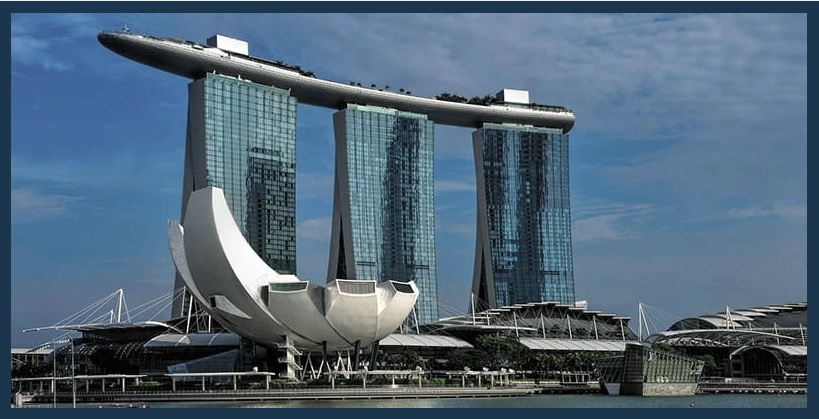
The Bellagio? It ranks #9 in total cost. Collectively, the top ten casinos in the three (3) big gambling centers – Las Vegas, Macao, Singapore – cost almost $32 billion to build. There’s my data. The owners are expecting a return. Which means, gamblers, in the aggregate, will lose. Most of the time. The owners’ have taken a calculated business risk … and they are expecting a return on that investment.
We stayed at the Encore (#7 on the list.) It is a beautiful place. And it would be perfect for ‘another Fred Smith’ to gamble big bucks. Because if you are looking for $1 or $5 blackjack, you won’t find it at the Encore. In fact, the lowest minimum bet I found was $25. And this was only one table. And this was mid-week. During the day. In the evening, the lowest I found was $50. This observation was not limited to the Encore. Other “big-dollar” casinos along the strip had equally high minimums – a table with $100 minimums was common. Fred Smith coulda won big here! 🙂
No, I didn’t play blackjack. Because while I enjoy playing games of all types, I’m unwilling to pay that much to play anything. Because playing blackjack in Las Vegas, at $50 per hand, is not gambling. At best, we can call it entertainment. At worst, we might classify it as consumption. Sure, a few lucky souls will win – but the vast majority will lose. And those unfortunate folks will help the top 10 casino owners recoup some of that $32 billion and, perhaps, generate an ROI.
Playing blackjack is a consumption choice, not a risk assessment. One pays for the opportunity to play the game and the thrill of a rare win. But the only people taking a risk here are the property owners. Their risk is viewed thru financial metrics like ROI, IRR (internal rate of return), ROE, ROA, etc. Where is our risk as a gambler? There is no risk at all: Just a guarantee for a long-term loss. Gambling is consumption. Instead of gambling in ‘Vegas, I chose to consume a great steak and a show. Sure, those prices are steep too, but in the steakhouse and the theater, I understood the cost/benefit relationship, and I felt like a winner. Because not only was the restaurant fantastic, the food amazing, the wine and my companion perfect, and the total price tag for the 2 of us about $500, but I didn’t pay one cent!
No, my wife took me out to dinner for my birthday! Her treat. Winner-winner! 🙂
Let’s head to the steakhouses and see if the US economy is winning too.
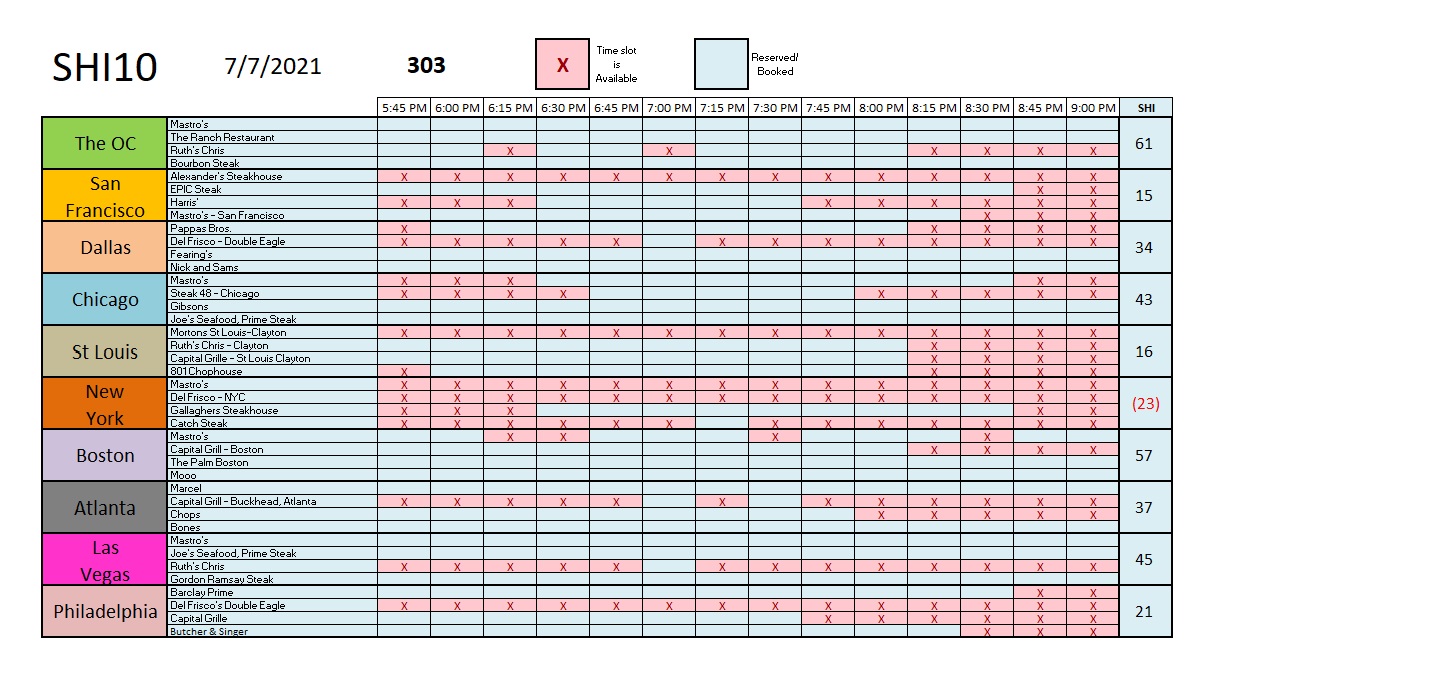
Yep, the hot streak continues. The weather is warming up and so are the grills … because while this week’s SHI10 number may be a bit lower than a couple weeks ago, it is still an extremely strong reading. In Las Vegas, only Ruths’ Chris has available reservations this Saturday. Expensive steakhouse reservation demand is smoking hot … even if the tables are not. 🙂
Let’s check the longer term trend report:
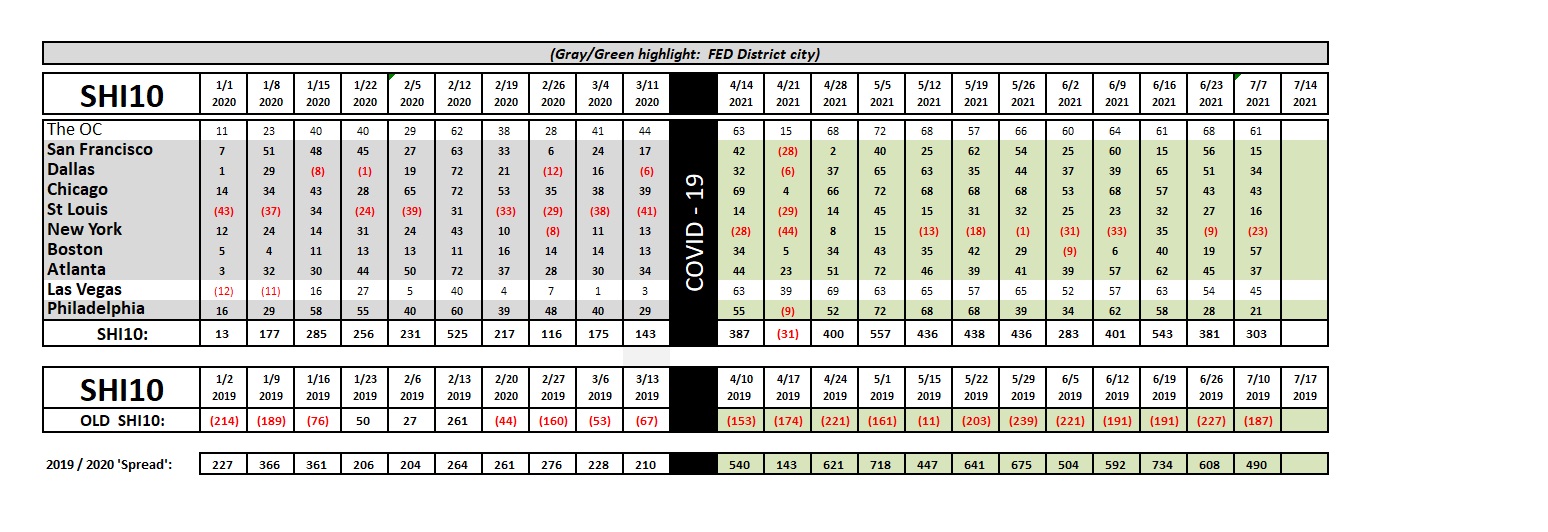
Yes, with a ‘spread’ of 490, the SHI10 continues to suggest a very hot US economy. Perhaps a bit cooler than a couple weeks ago … but still very hot. The FEDs minutes from their last meeting are out in a few minutes … you might take a look for more detail on their thought process today. I know I will.
Risk is inherent in all investment decisions. Gambling is consumption, pure and simple, but buying a house is an investment. There is no risk of loss in consumption — loss is almost guaranteed. But there is risk of loss in investment. The owners of those ten expensive casinos know that … and so do the stockholders of WYNN, the company that owns 3 of the 10 most expensive hotel/casinos in the world. Today, WYNN has a market cap of just over $13 billion — but in April of 2020, that company had lost lost about 60% of its market value. As ‘Vegas and Macao closed down, casinos lost billions.
But those dark days are now gone. ‘Vegas is back, baby! And the WYNN stock price is too. The strip is crowded, the restaurants full, the casinos are packed … and there is barely a mask in sight. If Las Vegas is a barometer for “risk taking,” I can assure you from personal observation that many are willing to leave their masks at home, but not their American Express card. Not in Las Vegas. Not now.
<|> Terry Liebman

